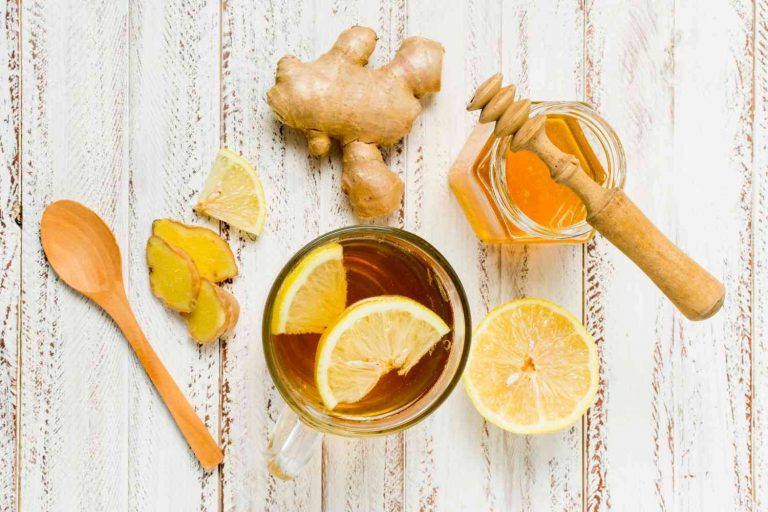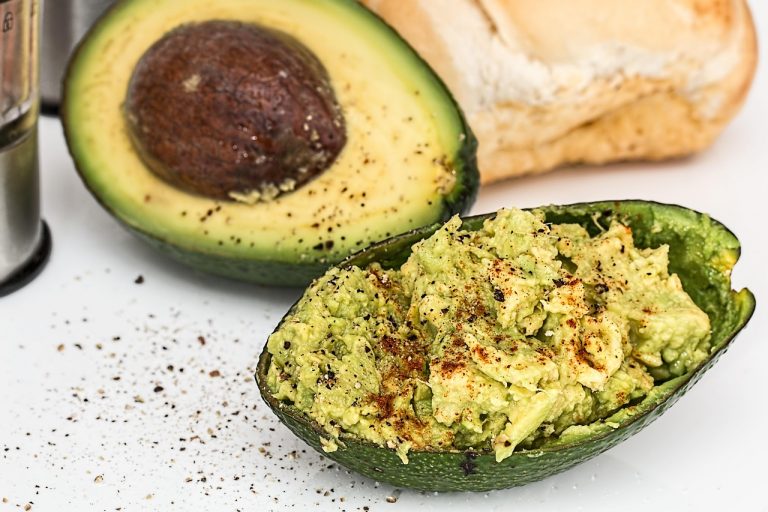Did you know that what you eat can have a significant impact on your reproductive health? It’s true! Semen volume can be influenced by diet, lifestyle, and even hydration. This is something I stumbled upon while researching ways to enhance male fertility. If you’re looking to boost your semen volume naturally, you might be surprised to learn that certain foods can help. Here’s a rundown of five foods that could make a difference.
Contents
1. Nuts and Seeds
Why They Work
Nuts and seeds, particularly walnuts and pumpkin seeds, are packed with nutrients that are beneficial for sperm health. They are rich in omega-3 fatty acids, zinc, and antioxidants.
The Science Behind It
A study published in the journal Biology of Reproduction found that a diet high in omega-3 fatty acids improved sperm quality, including volume and motility (González et al., 2018). Zinc is crucial for testosterone production, which plays a role in semen production.
Pros and Cons
Pros:
- Easy to incorporate into your diet (snack, salads, or smoothies).
- Nutrient-dense, providing multiple health benefits.
Cons:
- High in calories, so moderation is key if you’re watching your weight.
- Some people have nut allergies, so alternatives like sunflower seeds might be necessary.
2. Fruits Rich in Vitamin C
Why They Work
Fruits like oranges, strawberries, and kiwis are loaded with vitamin C, which is known for its antioxidant properties. Antioxidants help combat oxidative stress, which can negatively affect sperm quality.
The Science Behind It
A study in Fertility and Sterility highlighted that men with higher vitamin C intake had better semen quality (Duncan et al., 2018). Vitamin C can also improve sperm motility, which is essential for fertility.
Pros and Cons
Pros:
- Delicious and refreshing, making them easy to enjoy.
- Can be consumed in various ways (juices, salads, or as snacks).
Cons:
- Some fruits are high in sugar, which might not be ideal for everyone.
- Seasonal availability can limit options.
3. Dark Chocolate
Why It Works
Dark chocolate is not just a treat; it’s also rich in antioxidants, particularly flavonoids, which can improve circulation. Better blood flow can enhance sexual function and potentially boost semen production.
The Science Behind It
Research in the Journal of Sexual Medicine suggests that the flavonoids in dark chocolate can improve sperm quality and motility (Sikora et al., 2019).
Pros and Cons
Pros:
- Enjoyable and can satisfy sweet cravings.
- Contains additional health benefits, such as improved heart health.
Cons:
- It can be high in calories and sugar, so choose varieties with at least 70% cocoa.
- Overindulgence can lead to weight gain, which may negatively impact fertility.
4. Spinach and Leafy Greens
Why They Work
Leafy greens like spinach are rich in folate, a B-vitamin that plays a crucial role in sperm production and overall reproductive health. Folate helps in DNA synthesis, which is vital for healthy sperm.
The Science Behind It
A study in Fertility and Sterility found that men with higher folate levels had better sperm counts and quality (Mínguez-Alarcón et al., 2018).
Pros and Cons
Pros:
- Versatile and easy to add to various dishes (salads, smoothies, or cooked meals).
- Low in calories, making them a great option for weight management.
Cons:
- Some people might not enjoy the taste of leafy greens.
- Cooking can reduce some vitamin content, so raw consumption is often better.
5. Fish
Why They Work
Fatty fish like salmon, sardines, and mackerel are excellent sources of omega-3 fatty acids and vitamin D, both of which are important for reproductive health. Omega-3s are known to improve blood flow and may enhance semen volume.
The Science Behind It
According to a study published in The Journal of Urology, men who consumed fish regularly had higher sperm counts and improved semen quality (Tyrrell et al., 2018).
Pros and Cons
Pros:
- Rich in omega-3s and other essential nutrients.
- Can be prepared in various ways (grilled, baked, or as sushi).
Cons:
- Some types of fish can be high in mercury, so it’s important to choose wisely.
- For those who don’t like fish, this option might be less appealing.
Frequently Asked Questions
1. How long does it take for diet changes to affect semen volume?
It can take a few weeks to a couple of months for dietary changes to reflect in semen volume. Sperm production takes about 64 to 72 days, so consistency is key.
2. Are there any supplements that can help boost semen volume?
While some supplements claim to boost semen volume, it’s best to focus on a balanced diet rich in whole foods. If you’re considering supplements, consult a healthcare provider.
3. Can hydration affect semen volume?
Absolutely! Staying well-hydrated is crucial for overall health and can positively impact semen volume. Aim for at least 8-10 glasses of water a day.
4. Is there any food I should avoid?
Foods high in trans fats, sugar, and processed ingredients can negatively impact fertility. It’s best to limit these as much as possible.
Conclusion
Eating a balanced diet rich in certain foods can potentially boost your semen volume naturally. Incorporating nuts, fruits rich in vitamin C, dark chocolate, leafy greens, and fish into your meals can make a difference. However, it’s essential to remember that diet is just one piece of the puzzle. Lifestyle factors such as exercise, stress management, and avoiding harmful substances also play a significant role in reproductive health.
Research is ongoing, and while results are promising, individual responses can vary. If you have concerns about your reproductive health, consulting a healthcare provider is always a good idea.
This article is for educational purposes only and is not a substitute for professional medical advice. Always consult a qualified healthcare provider before making changes to your health routine.
References
-
González, A., et al. (2018). Omega-3 fatty acids and male fertility: A review. Biology of Reproduction. Retrieved from https://www.biolreprod.org
-
Duncan, J. S., et al. (2018). The role of vitamin C in male fertility. Fertility and Sterility. Retrieved from https://www.fertstert.org
-
Sikora, J., et al. (2019). Dark chocolate and its effects on sperm parameters. Journal of Sexual Medicine. Retrieved from https://www.jsm.jsexmed.org
-
Mínguez-Alarcón, L., et al. (2018). Folate and male fertility: A review. Fertility and Sterility. Retrieved from https://www.fertstert.org
-
Tyrrell, J., et al. (2018). Fish consumption and semen quality: A cross-sectional study. The Journal of Urology. Retrieved from https://www.jurology.com
Get Your FREE Natural Health Guide!
Subscribe now and receive our exclusive ebook packed with natural health tips, practical wellness advice, and easy lifestyle changes, delivered straight to your inbox.






